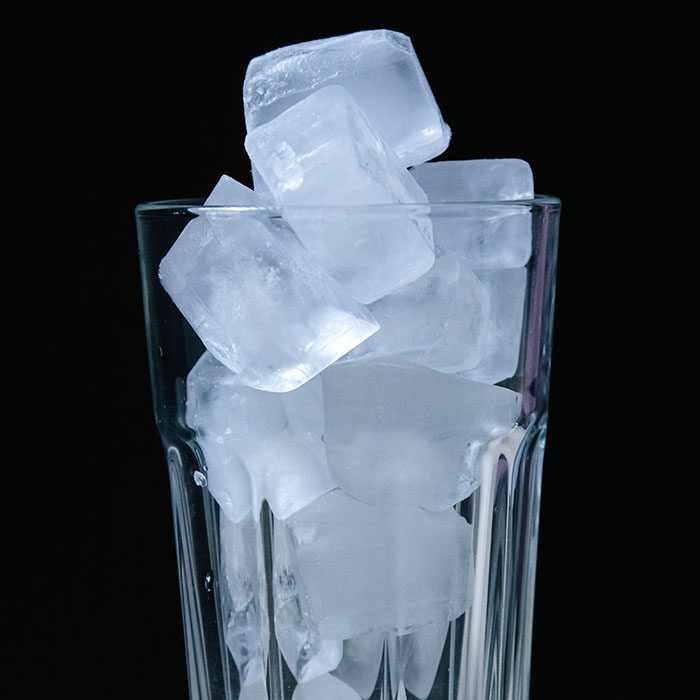
WHY DO DENTISTS always warn against chewing ice? It’s because it’s a habit that can do serious and permanent damage to the teeth and gums. Even when ice-chewers know this, they can still find it difficult to quit, so let’s take a closer look at what chewing ice can do to dental health and why people do it.
Pagophagia, or Compulsive Ice Eating
Compulsive ice eating is common enough that it has a scientific name: pagophagia. For some people, this problem goes beyond a simple bad habit and is actually a symptom of pica, a psychological disorder that results in compulsions to eat non-food items in large quantities, including dirt, clay, hair, or ice. It is sometimes caused by a gap in nutrition.
The Link Between Iron-Deficiency Anemia and Ice Chewing
Recent studies have indicated a link between iron deficiency anemia (a condition affecting 3% of men and 20% of women — unless they’re pregnant, at which point it jumps to 50%) and compulsively eating ice. Where does this link come from? Ice contains zero iron, so it shouldn’t be able to help with iron deficiency. The explanation is a fascinating one.
Our red blood cells use iron to carry oxygen throughout our bodies, so when we don’t have enough of it, our brains don’t get as much oxygen. Eating ice counteracts this problem by stimulating blood flow to the head (and the brain), providing a temporary boost to mental clarity and alertness. It isn’t solving the problem, but it is relieving some of the symptoms.
Ice Versus Our Teeth and Gums
Even if this is an effective workaround for iron deficiency, it’s better to actually get back to healthy levels of iron, because the consequences to oral health can be disastrous. Tooth enamel is very brittle. Ice isn’t a problem for it because it’s so hard, but because it’s so cold.
Crunching against ice cubes of any texture causes the enamel to expand and contract the same way pavement does in places that get a lot of snow in winter. Like the pavement, tooth enamel can develop cracks over time. As the enamel weakens, it leaves the rest of the tooth more vulnerable to sensitivity and decay.
Gums aren’t safe from ice either. Because of the cold temperature, the gums can grow numb while chewing ice, making it much harder to notice if the ice slips and slices the gums. Ice is also hard enough to chip or break teeth if it hits just right.
Breaking an Ice-Chewing Habit
The best way to treat a problem is to learn the cause. If the ice-chewing is linked to iron deficiency, taking iron supplements is likely to remove the ice cravings. The ice-chewing habit should go away on its own from there. If the problem is pica, there are a variety of interventions available. If you chew ice for the crunch, why not replace ice with apple slices or baby carrots? If you chew it for the ice, try letting it melt on your tongue instead of actually chewing it.
The Dentist Can Help!
A great person to go to with ice-chewing struggles is the dentist. Another is your general physician. We want to help discover the cause, treat existing damage, and help prevent future damage by finding a way to put the ice chewing in the past!
